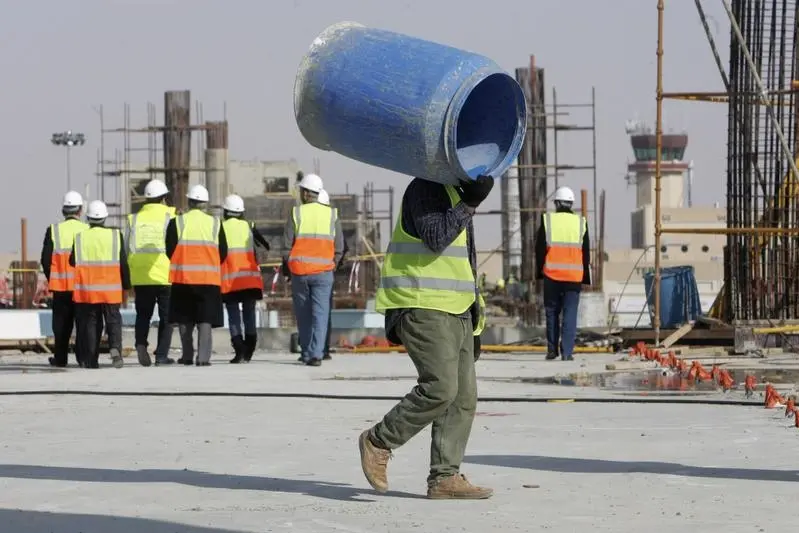PHOTO
Mar 30,2017
AMMAN — Construction on a project to install and renovate water networks to improve the water supply before the start of the dry season in Irbid is under way, a government official said on Wednesday.
The water network in three of Irbid governorate’s districts will be covered by the project, which will cost JD800,000, funded by the German federal ministry for economic cooperation and development, the official at the Ministry of Water and Irrigation said.
“A total of 15,000 people will benefit from the project, under which new main and tertiary pipelines will be installed to serve more people, while deteriorated pipes will be replaced to improve supply and reduce water loss,” the official told The Jordan Times.
The new network is scheduled to be ready in three months, the official said, noting that the project seeks to improve water supply in communities hosting refugees.
“Communities hosting Syrian refugees are suffering from decreased water supply due to the mounting pressure on resources and networks,” the official said.
He underscored that the renovation and installation of new water pipelines seek to ultimately link Irbid and the northern governorates to the national water carrier project, which plans to transfer 10 million cubic metres of water to the north annually to address the water shortage as part of the Disi Water Conveyance Project.
The Disi project conveys 100 million cubic metres annually from the ancient Disi aquifer in southern Jordan to the capital via a 325-kilometre pipeline. The project started pumping water to Amman in 2013 via several water stations in Maan, Tafileh, Karak and Madaba.
The ministry considers the national water carrier project as a mid-term solution to the country’s water crisis, according to the official, who noted that the desalination of Red Sea water under the Red Sea – Dead Sea Water Conveyance Project is the country’s long-term solution to water scarcity.
Under the first phase of the Red-Dead project, due to begin this year, a total of 300 million cubic metres of water will be pumped each year. Eventually, up to 2 billion cubic metres of seawater will be transferred from the Red Sea to the Dead Sea, according to the ministry.
A total of 85-100 million cubic metres of water will be desalinated every year, while seawater will be pumped out from an intake located in the north of the Gulf of Aqaba.
In addition, a conveyor will be extended to transfer desalinated water, as well as a pipeline to dump the brine into the Dead Sea in order to stop its constant decline, estimated at one metre every year.
© Jordan Times 2017





















